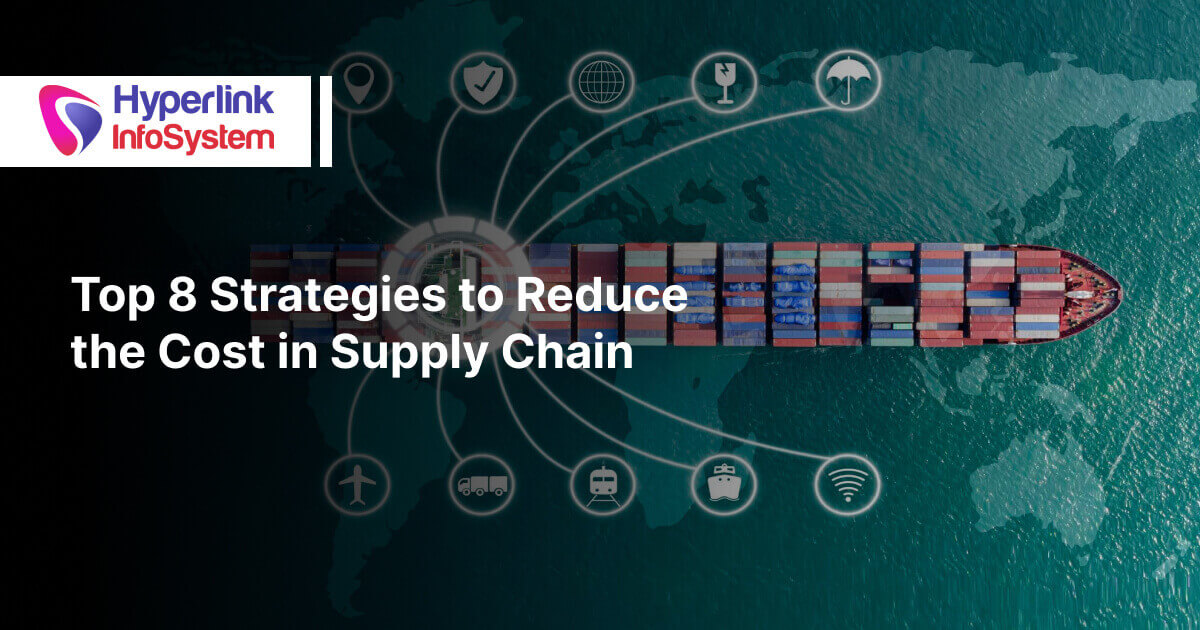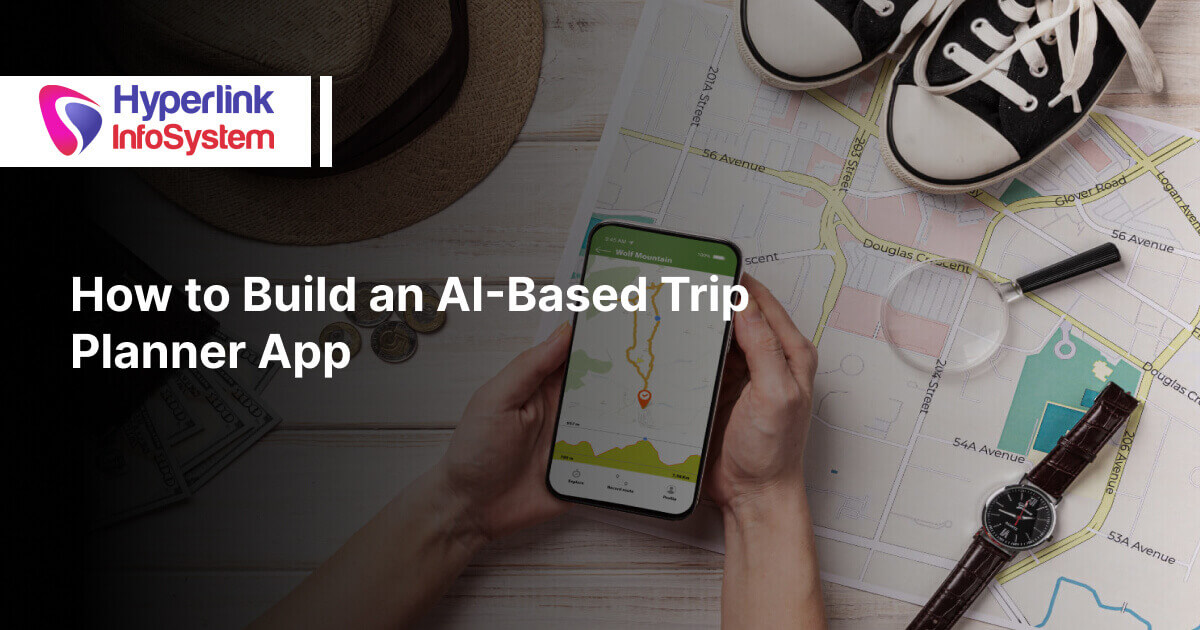When planning the development of a mobile app for your business, you should consider the right technology to use. This decision has a major impact on the success of your app.
Various technologies can be used in the development of apps. There three common technologies employed for mobile app development are native, web and hybrid app development technologies. Using one over others generally depends on the type of project that you are working on.
Native Apps
Native apps are developed specifically for an operating system in the corresponding language. Java and Kotlin are used for Android app development while Swift is used for iOS app. They can be installed on the user’s device via the corresponding app store.
Benefits of Native Apps
The biggest advantage of native apps is their performance potential. Native app development is suitable for complex apps. Due to its compatibility with the operating system, hardware components such as sensors, RF modules, Bluetooth or NFC can be controlled.
The usability of native apps can often be improved. The dedicated development for each operating system allows the design guides and the native UI elements of the operating system to be optimized.
Web Apps
A web app is understood to be a website with features of a native app. Web apps are platform-independent. Here, you do not have to develop the application for every operating system. One version is enough for all platforms and the version is accessed as a website (via smartphone, tablet or desktop PC) or installed as an app (Android and iOS) on the smartphone.
This technology is sponsored by Google. It is now possible to publish such an app in the Google Play Store via Trusted Web Activity and Android Studio.
Advantages of Web Apps
First of all, the low development effort is worth mentioning here, as only one technology is used for web and app. The speed of development is also an advantage.
Hybrid Apps
This is the combination of both native and web app. Like web apps, hybrid apps are based on web technologies such as HTML5, CSS and JavaScript. However, they run in a Webview container. Hybrid applications are often developed using the following frameworks: Cordova, PhoneGap, Ionic or React Native.
App container serves as an interface between the native and web technologies. This enables native functions to be controlled directly as required. Like the native app, it is also possible to publish the app in both App Store and Play Store.
Benefits of Hybrid Apps
Hybrid apps are interesting because they combine the advantages of native and web-based apps. Unlike web apps, they can be published in Apple store. Hybrid apps are easy both during development and maintenance phase.
Knowing the right technology for the development of your app can save you from a lot of stress.
If you need a complex app that can solve intensive tasks, we recommend you go for native technology. Web app is suitable for very easy app with simple functionalities. The middle ground is for hybrid application with moderate functionalities. Hyperlink InfoSystem is a leading mobile app development company in the United Kingdom.
Benefits of Mobile App Development
You Can Stand Out From The Competition
Having an app for a business that is not mobile first is certainly an advantage in terms of image, demonstrating innovation and attention to the needs of all customers. This, especially for traditional brands, can represent an element of great competitive advantage.
You Can Reach a Different Audience
The first advantage of having a mobile app is that it offers you the opportunity of expanding your target audience. Thanks to an app, it is possible to reach all those users defined as "mobile first", who identify themselves with the new generations, and who perform most of their daily activities from simple banking transactions, to meeting new people via app.
You Can Communicate With Customers More Effectively
This is perhaps the most important and the most tangible benefit of developing a mobile app. It allows you to take advantage of the two fundamental principles of Mobile Marketing: geolocation and real-time communication. Through a mobile app, we are able to communicate with our users at any time of the day and wherever they are, through push notifications and other Mobile CRM activities.
With a mobile app, we can stay connected with our customers without having to wait for them to be in front of the PC to read our communications. It is in fact possible to reach users when they are in a specific geographical area, while they are returning home from work, or when it is dinner time and so on.
Improve Users Retention Rate
One advantage that a mobile app can bring to your business is to make your customers more loyal to your product or service, and therefore have a longer-lasting relationship over time. This is mainly because we can communicate with the user more often and precisely, and also, thanks to specific loyalty program strategies. and gamification, which makes users more inclined to use your service over time.
 +1 309 791 4105
+1 309 791 4105















































 +91 8000 161161
+91 8000 161161
